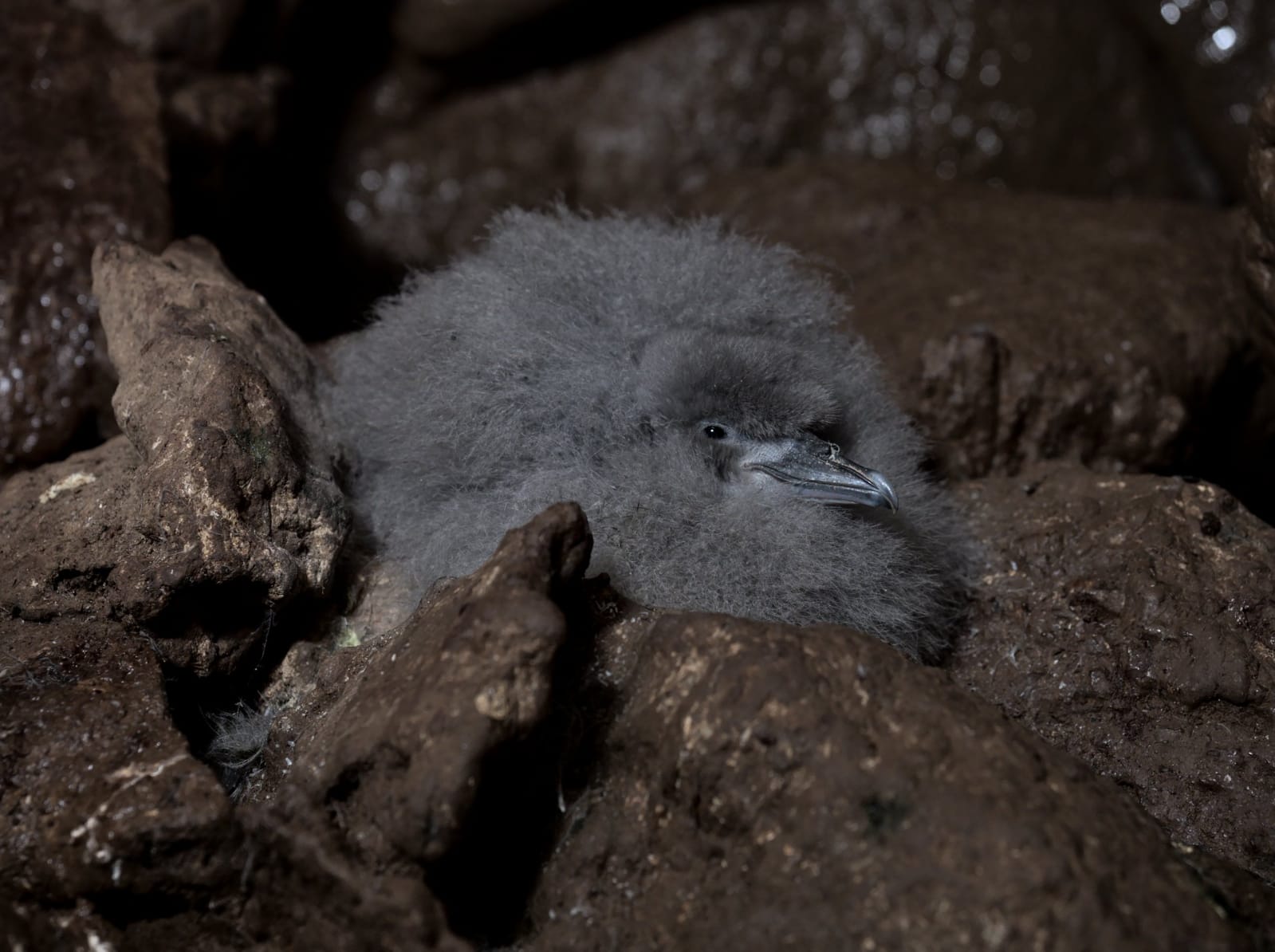Scientists resume mass mice cull to stop endangered seabirds from being eaten alive
Recent research found exterminating mice from Gough Island would reduce the risk of extinction for breeding populations of the MacGillivray’s prion

Scientists are set to resume a radical project to exterminate every mouse from a remote island in the South Atlantic in order to save its seabirds from being eaten alive.
The plans will see helicopters drop rodent poison pellets across Gough Island, a 91-square-kilometre volcanic island roughly 3,200km east of South America and 2,600km west of Cape Town.
House mice were accidentally introduced to the island in the 19th century, likely by sailors. In the 2000s, scientists discovered that the mice had taken to eating seabird chicks alive as they sat defenceless in their nests.
The rodents, which have grown to be around 50 per cent larger than usual over time due to the lack of natural predators on the island, are also able to feed on adult birds.
It is now recognised that mice predation poses a major threat to the 8 million birds that breed on Gough Island, which makes up part of the British Overseas Territory of Tristan da Cunha.
A study published this week found that eradicating the mice would greatly reduce the chances of the MacGillivray’s prion, an endangered seabird, going extinct on the island by the middle of the century. The critically endangered Tristan albatross is also at risk.
The eradication project, which has been in the making for 10 years, was scheduled to take place in 2020 but was delayed by the start of the Covid pandemic.
Speaking from a quarantine hotel in South Africa, Dr Steffen Oppel, a conservation scientist from the RSPB, told The Independent: “I was in Cape Town in March last year and then suddenly the borders closed and it became apparent that we wouldn’t be able to get everybody to the island so we had to postpone the operation.
“I’m now in quarantine for two weeks to make sure we’re not taking any virus to the island. In 12 days, I’ll be on a boat out to Gough.
“We’re going to prepare a few things on the island, and then the expedition ship will arrive in late May with the entire crew and the helicopters. We hope to be dropping bait in June and July.”
The project, which is being led by the RSPB in partnership with the governments of Tristan da Cunha and the UK, has attracted criticism from some animal rights groups who say that “more humane” measures should be taken to control the mice.
The latest monitoring data from the RSPB shows that all but one of this year’s MacGillivray’s prion chicks have died. Cameras set up at the monitoring sights reveal that the mice are to blame.
“The seabirds evolved on very remote islands where there were no terrestrial mammals, and so, throughout their evolutionary history, these seabirds have never had to defend themselves,” said Dr Oppel.
“The parents have to travel enormous distances to bring food to the chicks, and so the chick has evolved to sit there and wait, and to expend as little energy as possible.
“When a mouse attacks, they have no natural defence behaviour, they don’t realise what is happening to them. It’s very sad to watch.”
The MacGillivray’s prion is particularly vulnerable because breeding pairs lay just one egg per year, he said.
The research, authored by Dr Oppel and others, projected that MacGillivray’s prions will continue to decline by 9 per cent each year if mice remain on the island, with a 31 per cent chance that they will disappear from Gough by the middle of the century.
However, if the mice are eradicated, it is likely that the population would slowly start to recover.
The eradication programme should finish by August, said Dr Oppel, but it will not be possible to immediately know if it was a success.
“We only have this one shot,” he said. “If any pregnant female survives the operation then everything was for nothing.
“But it will not be possible to find a single or two or three surviving mice on an island the size of Gough. So, we will not be able to say with any certainty whether all the mice are actually gone for another two years.”
Subscribe to Independent Premium to bookmark this article
Want to bookmark your favourite articles and stories to read or reference later? Start your Independent Premium subscription today.

Join our commenting forum
Join thought-provoking conversations, follow other Independent readers and see their replies